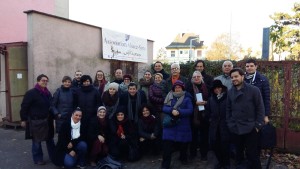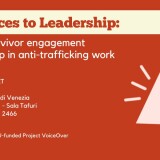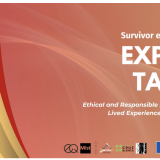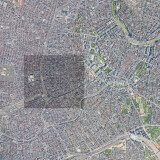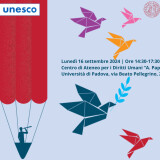Migration, urban fragmentation and intercultural dialogue: project URGENT launched in Strasbourg
More than 100 representative of local authorities, civil society organisations, European institutions as well as experts and ordinary citizens gathered together on 28-30 November in Strasbourg to share knowledge, experience and good practice on how to promote intercultural dialogue and build bridges in nowadays’ fragmented European urban environments.
***
The event was a unique opportunity to promote a multi-stakeholder debate bringing together experiences from 12 different countries on a key topic affecting today’s Europe: intercultural dialogue and migrants’ integration. The activity took place within the framework of the Europe for Citizens’ co-funded project URGENT – Urban Regeneration: European Network of Towns. The initiative, through a bottom-up approach, aims to raise local awareness on the urgent need to establish new connections among inhabitants of marginalized neighbourhoods and those of central areas, and tackle the growing fear of immigration, which feeds Euroscepticist attitudes.
The event has been co-organised in cooperation with the City of Strasbourg as an opportunity to share the “Club de Strasbourg” initiative with all international participants. Ms Nawel Rafik-Elmrini, on her role of Deputy Mayor of the City of Strasbourg and first Vice-Chair of the Current Affairs Committee of the Congress of Local and Regional Authorities of the Council of Europe, opened the international seminar with Ms Antonella Valmorbida, Secretary General of ALDA. “Our message is that civil society actions – as for integration of migrants and cohesive communities – are more constructive when local governments are partner of the projects and processes. It is a community approach and response engaging all the spectrum of the local stakeholders, local authorities, CSOs, education and private sector, that we need to bring forward” was Ms Valmorbida’s final statement.
In the context of today’s challenges to tackle migrants’ stigmatisation, as introduced by Ms Giovanna Marconi, SSIIM UNESCO Chair at the University of Venice, key experiences were shared by Mr Michaël Moglia, President of the Network LIKE – European Cities and Regions for Culture and Mr Marco Cremaschi representing the “Cycle d’Urbanisme de Sciences Po Paris, Urban Planning and Design” who showcased the relationship between global and local in a specific context such as the one in Lampedusa, symbol of a situation that calls all European citizens. The Strasbourg community and its active civil society strongly contributed to the event and key experiences were shared by the University of Strasbourg and the associations Alsace terre d’accueil and Alsace-Syrie.
The three-day activity, besides the public session at the prestigious Salle des Marriages in Strasbourg, was also the occasion to define the methodology of the local process planned within the project. Partners identified conflicting areas in their cities and learned more about techniques of territorial analysis. The local path is now officially launched and as many as 10 local pilot projects will be developed through participative processes to tackle fragmentation and migrants’ stigmas while promoting intercultural dialogue.
Useful links:
Project URGENT webpage
Study visits:
Association Alsace-Syrie
Association CASAS
Photo Gallery
